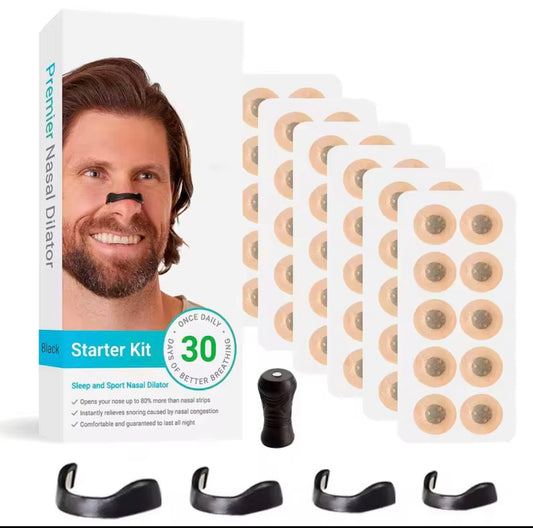The Ultimate Sleep Guide for Shift Workers: How to Rest Well on a Rotating Schedule
Working shifts can be rewarding, but it often comes with one major downside—disrupted sleep. Whether you’re on night duty, rotating shifts, or early mornings, your sleep routine can take a serious hit. At Napture, we understand how crucial sleep is for your health and wellbeing, so we’ve put together this practical, high-value guide to help you improve your sleep as a shift worker.
Why Is Sleep So Hard When You Work Shifts?
Your body operates on a natural circadian rhythm, which tells you when to wake up and when to sleep. When you work outside the traditional nine-to-five, your internal clock struggles to adjust, often resulting in poor sleep quality, fatigue, low energy, and even weakened immunity. But with a few simple habits and supportive sleep tools, you can train your body to rest more effectively—even on the most irregular schedule.
Top Sleep Tips for Shift Workers
Stick to a Consistent Routine
Even if your shifts vary, try to keep your sleep and wake times as consistent as possible. This helps regulate your internal clock over time. On days off, avoid the temptation to sleep in too late, as this can throw off your rhythm and make it harder to adjust when your shift resumes.
Create a Sleep-Friendly Environment
Your sleep space matters more than you think. Make your bedroom cool, dark, and quiet. Blackout curtains, a white noise machine, and Napture’s premium eye masks and earplugs can transform any room into a peaceful sleep sanctuary, no matter what time of day it is.
Use Light Strategically
Bright light helps regulate your circadian rhythm. Try to expose yourself to natural or bright indoor light during your shift. When it’s time to sleep, avoid light exposure by wearing blue light filter glasses and switching off devices at least thirty minutes before bed.
Take Short Naps if Needed
Strategic power naps can work wonders. A twenty-minute nap before a night shift can improve alertness. Just be careful not to nap too long or too close to bedtime, as it could interfere with your core sleep.
Avoid Stimulants Close to Bedtime
Caffeine and sugar might help you get through a long shift, but they can linger in your system for hours. Try to cut off caffeine intake at least six hours before you plan to sleep. The same goes for alcohol, which can disrupt your REM sleep stages.
Wind Down Properly
Use the last hour before sleep to relax your body and mind. Deep breathing, gentle stretches, journaling, or listening to calming music can signal to your body that it’s time to rest. At Napture, we recommend creating a calming bedtime ritual using our curated sleep aids designed for shift workers.
Prioritise Your Wellbeing
You cannot pour from an empty cup. Quality sleep is not a luxury, it is essential. If you’re struggling to sleep consistently due to shift work, try integrating one or two of these habits today. Your mind and body will thank you.
Conclusion
Shift work might be part of your lifestyle, but sleep deprivation does not have to be. With a few conscious adjustments and the right sleep tools, you can enjoy restful, restorative sleep, whenever you need it most.
Explore our sleep products at www.napture.net to support your night-time routine.



